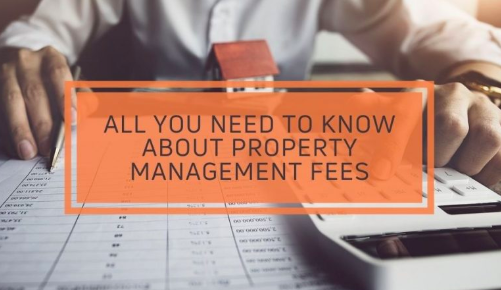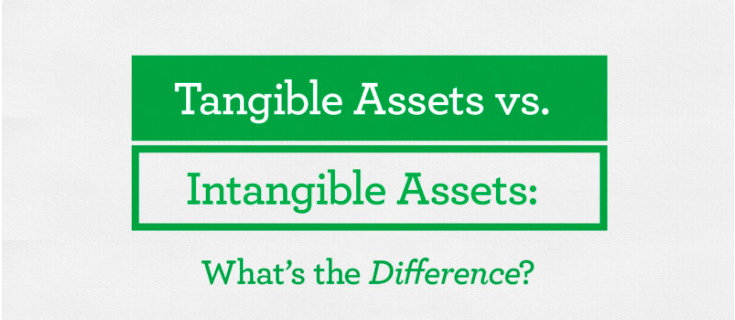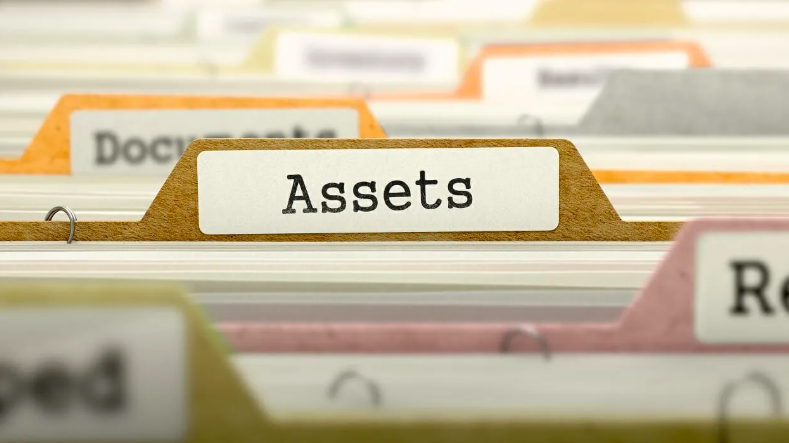
Understanding Property Management Fees: What Landlords Need to Know
Property management fees are a critical aspect of hiring a property management company, but they can often be confusing for landlords. Understanding these fees is essential to budgeting effectively and ensuring you’re getting value for your money. Whether you’re a first-time landlord or a seasoned investor, this guide will break down everything you need to know about property management fees, including what they cover, how they’re structured, and how to evaluate their fairness.
What Are Property Management Fees?
Property management fees are the costs associated with hiring a company or individual to manage your rental property. These fees compensate the property manager for services like tenant screening, rent collection, maintenance coordination, and more.
Types of Property Management Fees
Property management companies typically charge a combination of the following fees:
1. Management Fee
What It Is: A recurring fee for ongoing management services, usually calculated as a percentage of the monthly rent.
Average Cost: 8%–12% of the monthly rent.
What It Covers: Day-to-day operations like tenant communication, rent collection, and maintenance coordination.
2. Leasing Fee
What It Is: A one-time fee for finding and placing a new tenant.
Average Cost: 50%–100% of one month’s rent.
What It Covers: Advertising the property, conducting showings, screening tenants, and preparing lease agreements.
3. Maintenance Markup
What It Is: A fee added to the cost of repairs and maintenance work.
Average Cost: 10%–20% of the total repair cost.
What It Covers: Coordinating and overseeing maintenance tasks.
4. Setup Fee
What It Is: A one-time fee for onboarding a new property.
Average Cost: 200–200–500 per property.
What It Covers: Initial inspections, paperwork, and setting up the property in their system.
How Are Property Management Fees Structured?
Property management fees can be structured in several ways, depending on the company and the services provided:
Percentage-Based Fees: A percentage of the monthly rent (e.g., 10%).
Flat Fees: A fixed monthly fee regardless of the rent amount.
Hybrid Fees: A combination of percentage-based and flat fees.
Factors That Influence Property Management Fees
Several factors can affect the cost of property management services:
Property Type: Fees may vary for residential, commercial, or vacation rental properties.
Location: Fees tend to be higher in high-cost urban areas.
Number of Units: Managing multiple units may qualify you for a discounted rate.
Services Provided: Comprehensive services (e.g., marketing, maintenance, financial reporting) typically cost more.
Market Conditions: In competitive markets, fees may be higher due to increased demand.
How to Evaluate Property Management Fees
When comparing property management companies, consider the following:
Transparency: Are the fees clearly outlined in the contract?
Value for Money: Do the services provided justify the cost?
Reputation: Does the company have positive reviews and a proven track record?
Flexibility: Are there options to customize services and fees based on your needs?
Hidden Costs: Are there any additional fees not mentioned upfront?
Tips for Negotiating Property Management Fees
Bundle Services: Ask if the company offers discounts for bundling multiple services.
Long-Term Contracts: Negotiate lower fees for signing a longer-term contract.
Multiple Properties: If you own multiple properties, request a bulk discount.
Performance-Based Fees: Propose a fee structure tied to performance metrics like occupancy rates or tenant satisfaction.
Final Thoughts
Property management fees are an investment in the success of your rental property. While it’s tempting to choose the cheapest option, it’s important to focus on the value and quality of services provided. By understanding the different types of fees, evaluating your options, and negotiating effectively, you can find a property management company that meets your needs and helps you achieve your investment goals.
Remember, the right property manager can save you time, reduce stress, and maximize your returns—making the fees well worth it.

 March 07, 2025
March 07, 2025



